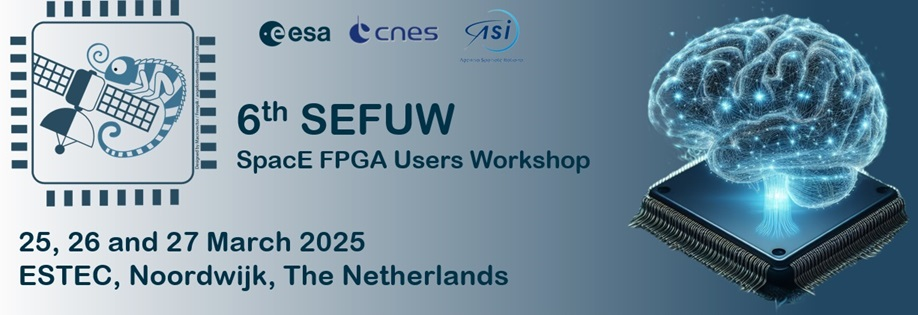Speaker
Description
The increasing complexity of space-grade FPGAs and the growing demand for reliable and efficient radiation mitigation strategies pose significant challenges for development teams. Traditional approaches to selective radiation mitigation, such as expert-driven analysis and verification, are no longer scalable or repeatable for the new breed of devices being sent into space. The challenges associated with mitigation architecture and verification are multifaceted, including the large fault state space, the need for manual fault injection, and the limitations of debug visibility. These challenges highlight the need for a more systematic and rigorous approach to selective radiation mitigation. To address these challenges a comprehensive methodology is presented that leverages formal verification techniques to ensure the correctness and reliability of radiation mitigation strategies. The methodology combines formal verification and simulation-based verification to provide a systematic and rigorous approach to selective radiation mitigation in space-grade FPGAs. It aims to provide a scalable and repeatable solution for selective radiation mitigation, ensuring the reliability and correctness of radiation mitigation strategies in harsh space environments.
Affiliation of author(s)
.
| Track | Fault Tolerance Methodologies and Tools |
|---|

